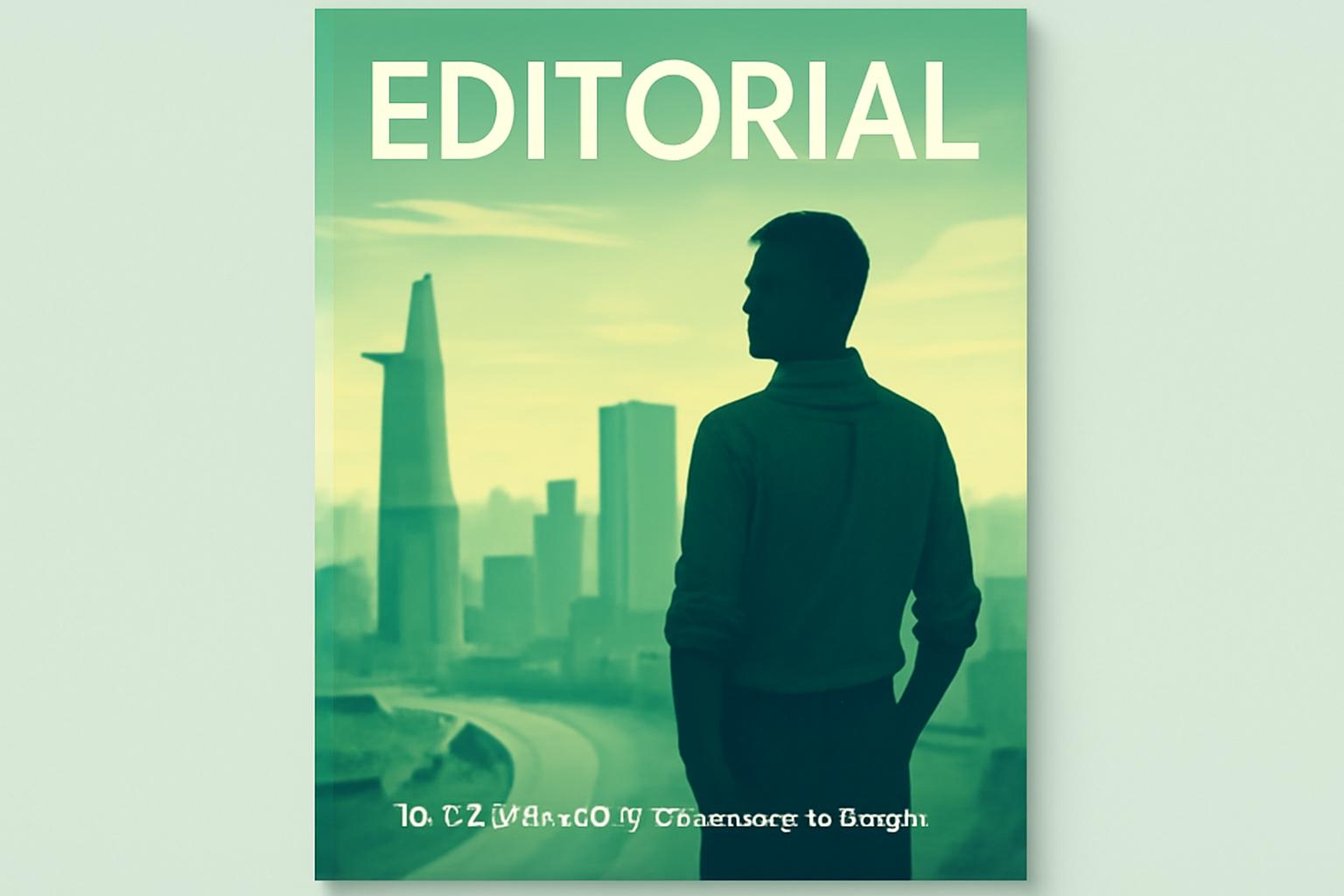From Military Service to New Beginnings
Markeiz Ryan, 36, grew up in Maryland with a stable childhood that was disrupted by the 2008 financial crisis. The economic downturn led to his mother losing her job, complicating the family’s financial situation just as Ryan graduated high school. “I didn’t have much of a financial security blanket to fall under,” Ryan told CNBC Make It. “The best thing for me was to join the military so I wouldn’t have to put my family into any more debt.”Military Career and Challenges
Ryan enlisted in the U.S. Air Force in 2010 and served in multiple international locations, including Korea, Germany, and Africa. In 2016, while stationed in Korea, he faced disciplinary action for a curfew violation, resulting in a demotion and loss of pay.“After this, I was very depressed and very sad,” Ryan said. “But that depression and sadness make you think about where your life is going and it makes you redirect your life into the right direction.”
Contents
Relocation to Vietnam: A Fresh Start
Vietnam captivated Ryan during his visit, and he decided to return after completing his service. He was honorably discharged in 2019 and soon moved to Ho Chi Minh City, where he now lives in a two-bedroom apartment in one of the city’s tallest residential towers. Ryan’s monthly expenses include $850 for rent, around $130 for utilities, $1,000 annually for health insurance, and minimal transportation costs for his motorcycle. Grocery spending fluctuates between $100 and $400 monthly, balancing home cooking and dining out.Financial Overview and Income Streams
Ryan’s total monthly income is approximately $4,000, derived from multiple sources:- $1,500 from Veterans Affairs disability benefits
- $1,000 from the GI Bill while pursuing a master’s degree
- $900 to $1,300 from teaching English
- Additional earnings from voiceover work ($200-$600 monthly)
- Day trading profits averaging about $300 monthly
Lifestyle and Personal Reflections
Ryan describes Vietnam as the safest place he has lived, appreciating the calm and focus on daily life rather than political distractions. He acknowledges some drawbacks, such as noise pollution from street activity and karaoke.“Vietnam is the number one safest place I’ve ever lived. I never have to look over my shoulder here,” Ryan said. “People are more focused on their day-to-day life and they’re less focused on what’s going on politically. It’s a much more calm feeling.”
Despite challenges with Vietnamese language fluency, Ryan remains committed to his new home, having lived there for six years with no plans to return to the U.S. He contrasts his current experience with his past life in America, where financial pressures and a sense of unachievable standards left him unmotivated.“Here in Vietnam, it takes a lot of the monetary pressure out of your day-to-day. You focus on what makes you happy, who you want to become and how you’re going to get there,” Ryan explained.
Ryan now approaches each day with a list of goals driven by personal fulfillment rather than survival, highlighting a profound shift in mindset.FinOracleAI — Market View
Markeiz Ryan’s journey from a financially insecure youth to a veteran thriving abroad underscores key trends in veteran reintegration and the growing appeal of affordable international living for Americans.- Opportunities: Veterans can leverage disability benefits and educational resources internationally to improve quality of life.
- Affordable cost of living in countries like Vietnam enables a comfortable lifestyle on moderate incomes.
- Remote work and side gigs (teaching, voiceover, day trading) diversify income streams for expats.
- Vietnam’s safety and social environment attract expatriates seeking stability and reduced stress.
- Risks: Language barriers and cultural adjustment remain challenges for long-term integration.
- Healthcare access and quality may vary compared to the U.S., necessitating adequate insurance.
- Noise pollution and urban density could impact quality of life for some.













